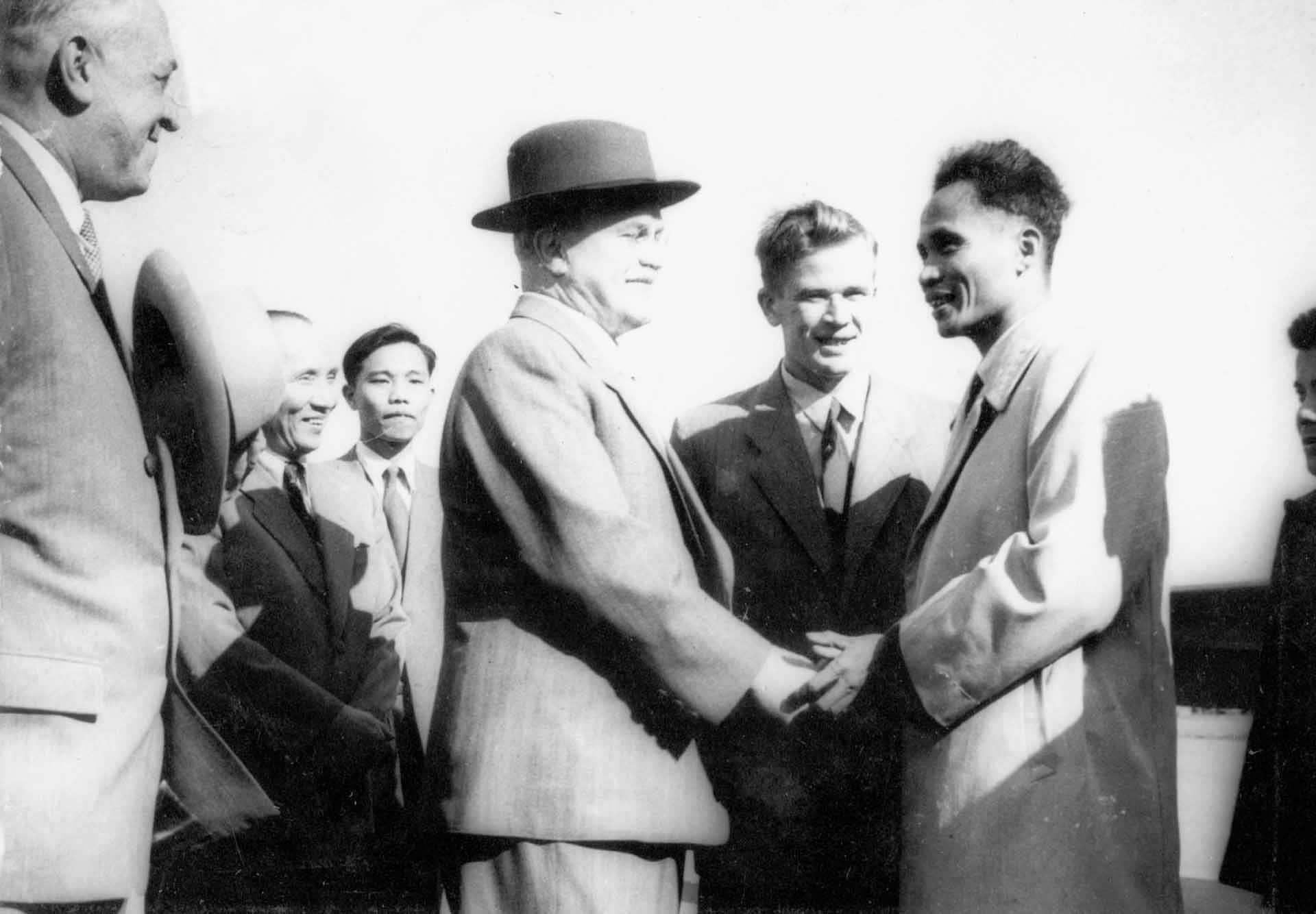 |
| The delegation of the Democratic Republic of Vietnam visited the Soviet Union after attending the Geneva Conference. (Photo: Archive) |
In March 1954, while serving as Director of the Operations Department, General Command of the Vietnam People's Army, Mr. Ha Van Lau received a call from Deputy Prime Minister Pham Van Dong to prepare to join the delegation of the Government of the Democratic Republic of Vietnam to attend the Geneva Conference on Indochina. To prepare for the new mission, he urgently researched, collected relevant files, documents and the war situation to serve the delegation's research...
Memorable days in Geneva
Sharing with The World & Vietnam Newspaper on the occasion of the 60th anniversary of the signing of the Geneva Agreement in 2014, when he was 96 years old, Colonel Ha Van Lau said that our delegation had a military unit (including Deputy Minister Ta Quang Buu and himself) assigned tasks such as researching, presenting to the delegation or the Head of the delegation, attending separate meetings with the French military delegation to discuss issues of regrouping, troop transfer, parallels, prisoner exchange, etc.
During the Geneva Conference, he had the opportunity to work side by side with respected comrades such as Head of Delegation, Deputy Prime Minister Pham Van Dong, Deputy Minister Ta Quang Buu in charge of military affairs, Tran Cong Tuong and Phan Anh as lawyers, Mr. Nguyen Thanh Le, Nhan Dan newspaper as spokesperson...
Each person was in charge of a number of issues of the Conference, so they often had time to work at the general conference and meet separately depending on the requests of the delegations. Being in charge of the military together, he and Deputy Minister Ta Quang Buu had the closest contacts and discussions. When negotiating military matters, they also had many separate meetings with Major General Delteil and Colonel Brébisson of the French military delegation.
In particular, Deputy Minister Ta Quang Buu used to be his math teacher at Phuc Xuan Private School in Hue, so he considered the Deputy Minister as his elder brother. He shared: “Working with him was also very pleasant. He discussed carefully with me before each meeting with the French military delegation. Comrade Ta Quang Buu and Comrade Tran Cong Tuong were in charge of the content of the Geneva Agreement. I was responsible for the Vietnamese version. Therefore, the signing of the Agreement was delayed by several hours because I discovered that there were a few sentences missing in the Vietnamese version that needed to be added, so it was not until 3:45 a.m. on July 21 that it was signed.”
Mr. Ha Van Lau also said that this was the first time our delegation attended an international conference that was not initiated by us, so the delegation had only a few people. All travel and accommodation arrangements were made by China, and even communication with the country and telegrams reporting back to the country were translated and transmitted by China. As the person responsible for communicating with the Chinese delegation on this matter, there were times when he went to deliver telegrams to the head of the Chinese delegation, Zhou Enlai, at midnight.
Deep memories with Mr. To
In the book “Revolutionary Memories in Memory” published by the Information and Communication Publishing House, Mr. Ha Van Lau said he was very lucky to live and work next to Mr. To (the affectionate name of Deputy Prime Minister Pham Van Dong) at the Geneva Conference.
On May 7, 1954, when we completely destroyed the French stronghold in Dien Bien Phu, at 4:30 p.m. on May 8, 1954, the Geneva Conference opened. Delighted with the victory, our delegation stayed up almost all night to prepare for the meeting the next day. He said: “Mr. To did not sleep either, because Dien Bien Phu had been liberated, so he had to revise his speech in a different position. After finishing all the preparations, Mr. To walked back and forth in front of the porch. Thus, we would enter the Conference with the strength of military victories on all battlefields in Vietnam and Indochina, especially Dien Bien Phu”.
Mr. Ha Van Lau clearly remembered that the next morning, before preparing to attend the opening ceremony of the Conference in the afternoon, Mr. To gathered the entire delegation and gave instructions: “We are in a winning position, the enemy is in a losing position. But we must be vigilant because it is a big country, it will not accept humiliation. Although we won a great victory on the battlefield, the conference is still difficult and complicated. Therefore, we come to the conference with the position of a winner, but must be very humble, should not show an arrogant or conceited attitude.”
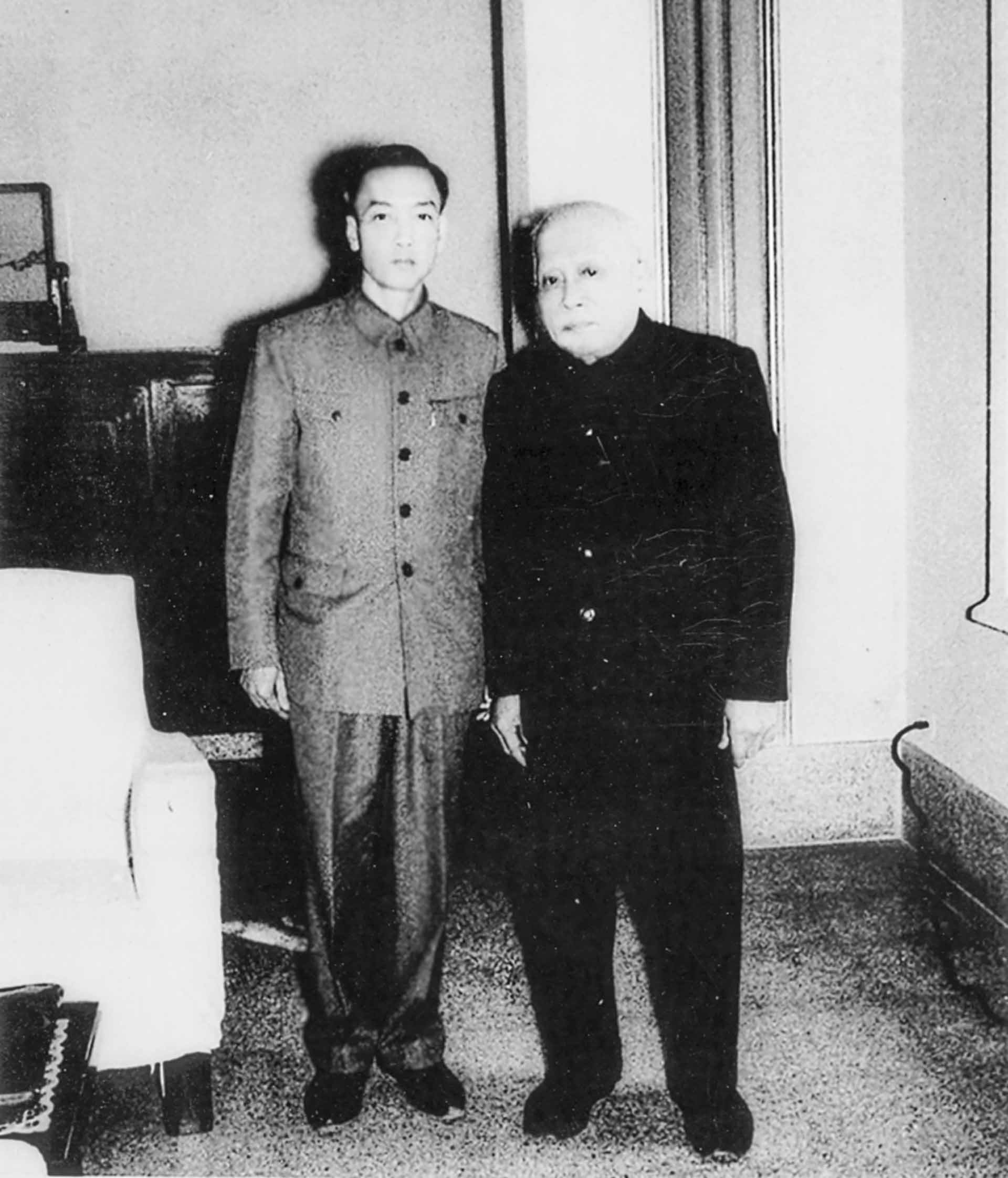 |
| President Ton Duc Thang and Ambassador Ha Van Lau, April 1974. (Photo: Archive) |
The Colonel shared that during his time at the Conference, he learned a lot from To. That was his calm, dignified, mature, determined but creative and gentle attitude. He said: “Despite the American, French and puppet delegates slandering and distorting, demanding unreasonable things and using many cunning schemes to achieve what was beneficial to them…, but with a sincere, reasonable and convincing attitude, To’s speeches at the Conference won the sympathy and support of the French people and friends around the world. Even for the small victories fought in each meeting, when returning to the accommodation, To was very happy to call me to direct that we inform some international friends, calling on them to sympathize and support us.”
When discussing the ceasefire, the Conference decided that representatives of the General Commands of Vietnam and France must meet. Deputy Prime Minister Pham Van Dong immediately declared that representatives of the Vietnam People's Army were available. The press had the opportunity to praise Vietnam's goodwill and expose France's slander of us for prolonging the Conference.
There was one thing that Mr. Ha Van Lau would always remember, when the Deputy Prime Minister assigned him to meet with the French representative to discuss the solution to the problem of French wounded soldiers in Dien Bien Phu. When France asked for permission to send a plane to Dien Bien Phu to receive wounded soldiers, he immediately agreed. When he returned to report, the Head of the delegation said with a serious face: "That's fine. But why make an agreement so soon?". He immediately understood that he had just made a big mistake, but the Head of the delegation only said that and left it alone.
According to Mr. Ha Van Lau, the Geneva Agreement was a victory on the diplomatic front, but Deputy Prime Minister Pham Van Dong was still not satisfied because he thought it was not worthy of our victory on the battlefield.
Later, Mr. Pham Van Dong commented that: "The 1954 Geneva Agreement was just a truce in our nation's 30-year war so that we had time to prepare for the long-term struggle for peace and national unification later" [1].
“Colonel Ha Van Lau made important contributions to the struggle to implement the Geneva Agreement. He was both a talented military man and an intellectual, experienced, and highly prestigious veteran diplomat… From a military officer, after the 1954 Geneva Agreement, he became an officer of the Ministry of Foreign Affairs, entering negotiations for the 1973 Paris Agreement... In my heart, Colonel Ha Van Lau is a master, a beloved elder brother, a talented man in both military and diplomacy, kind and moral, with many contributions in the two long resistance wars against France and the US, especially in the diplomatic-military fields, an example for future generations. (Excerpt from the memoir of Mr. Huynh Van Trinh, former Head of the Movement Department, Central Overseas Vietnamese Committee, |
Diplomat, Colonel Ha Van Lau (1918-2016) was from Sinh village (Lai An), Phu Mau commune, Phu Vang district, Thua Thien - Hue province. He was famous in the two resistance wars against French colonialism and American imperialism of our people on both the military and diplomatic fronts. In terms of military, Colonel Ha Van Lau was Chief of Staff of the Nha Trang - Khanh Hoa front, Commander of the Tran Cao Regiment, Chairman of the Thua Thien-Hue Resistance Committee, Commander of the Binh-Tri-Thien front, Commander of the 325th Division (now the 325th Division), Director of the Operations Department - General Staff of the Vietnam People's Army... He was promoted to the rank of Colonel in 1954 under very special circumstances, when he went to Switzerland to be in charge of military negotiations, as assistant to Deputy Minister of Defense Ta Quang Buu at the Geneva Conference. Regarding diplomacy, Colonel Ha Van Lau was Head of the Liaison Delegation of the General Command to implement the Geneva Agreement (July 20, 1954), Deputy Head of the Delegation of the Democratic Republic of Vietnam at the Paris Conference (May 1968 - January 1970), Ambassador of Vietnam to Cuba (concurrently serving in Mexico and Jamaica), Ambassador - Head of the Vietnamese Delegation to the United Nations and Ambassador of Vietnam to France (concurrently serving in Belgium, the Netherlands and Luxembourg), Deputy Minister of Foreign Affairs and Head of the Central Overseas Vietnamese Committee... He was awarded many medals, honors and noble titles by the Party and State. |
[1] According to the book "Diplomat, Colonel Ha Van Lau: Revolutionary Memories in Memory", selected and compiled by Ha Thi Dieu Hong - Kieu Mai Son. Information and Communication Publishing House, pages 47, 48.
Source: https://baoquocte.vn/chuyen-ke-cua-chuyen-vien-quan-su-dac-biet-tai-geneva-269084.html


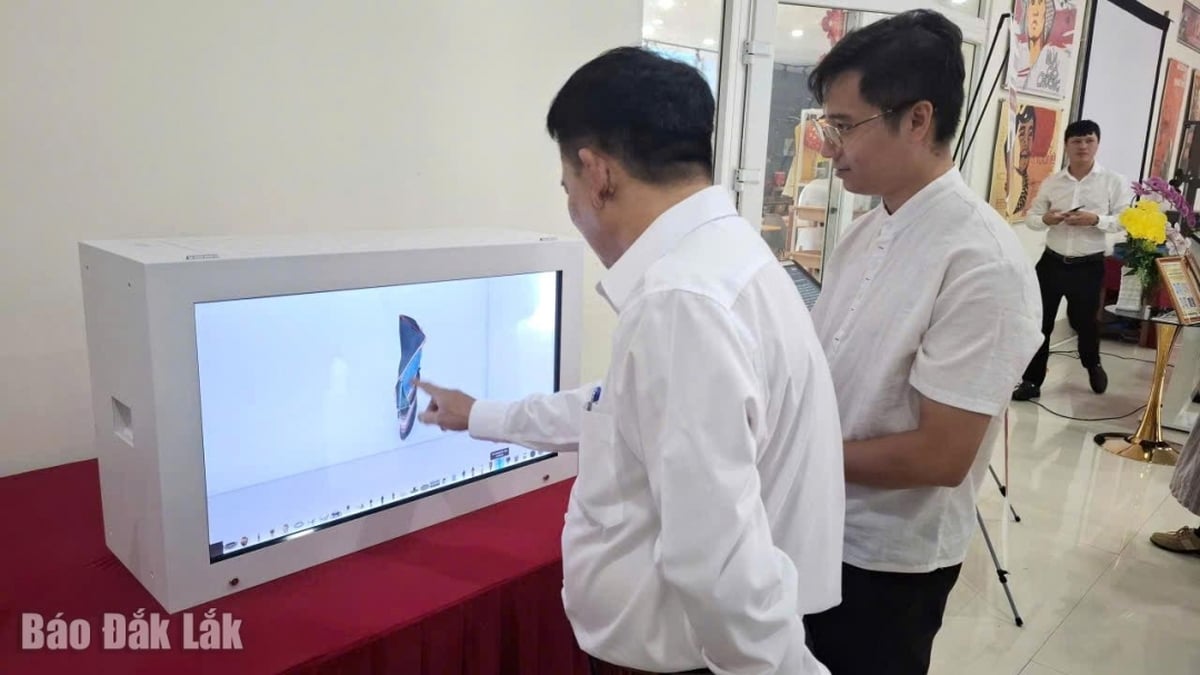

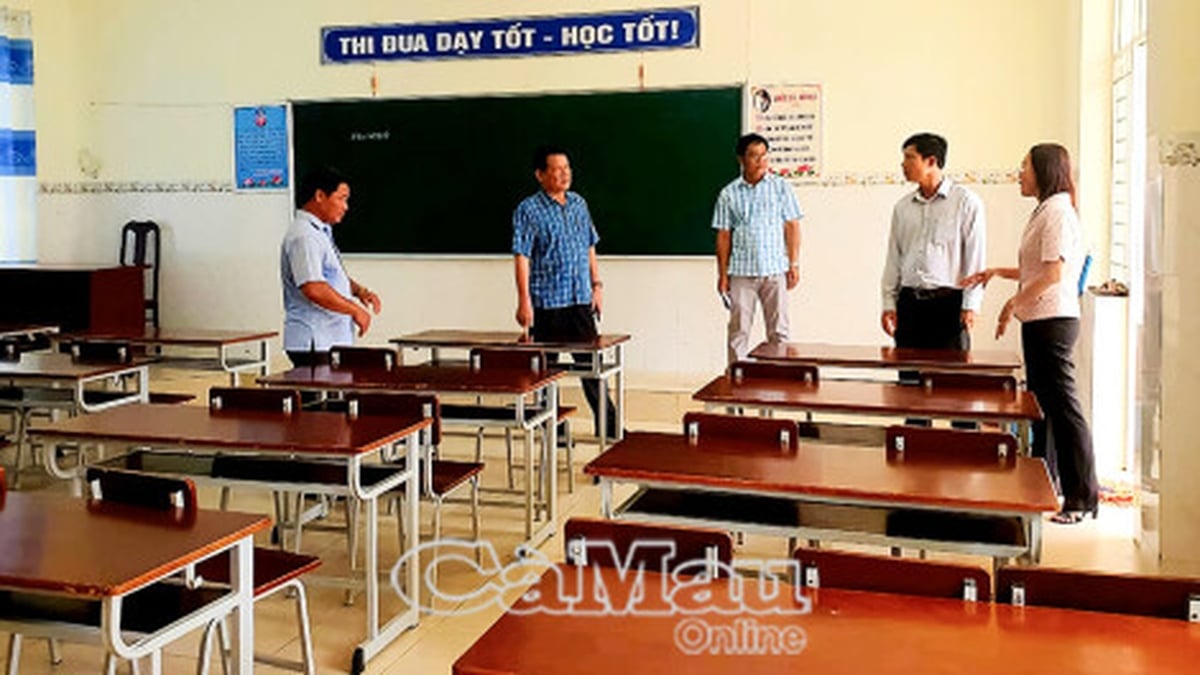
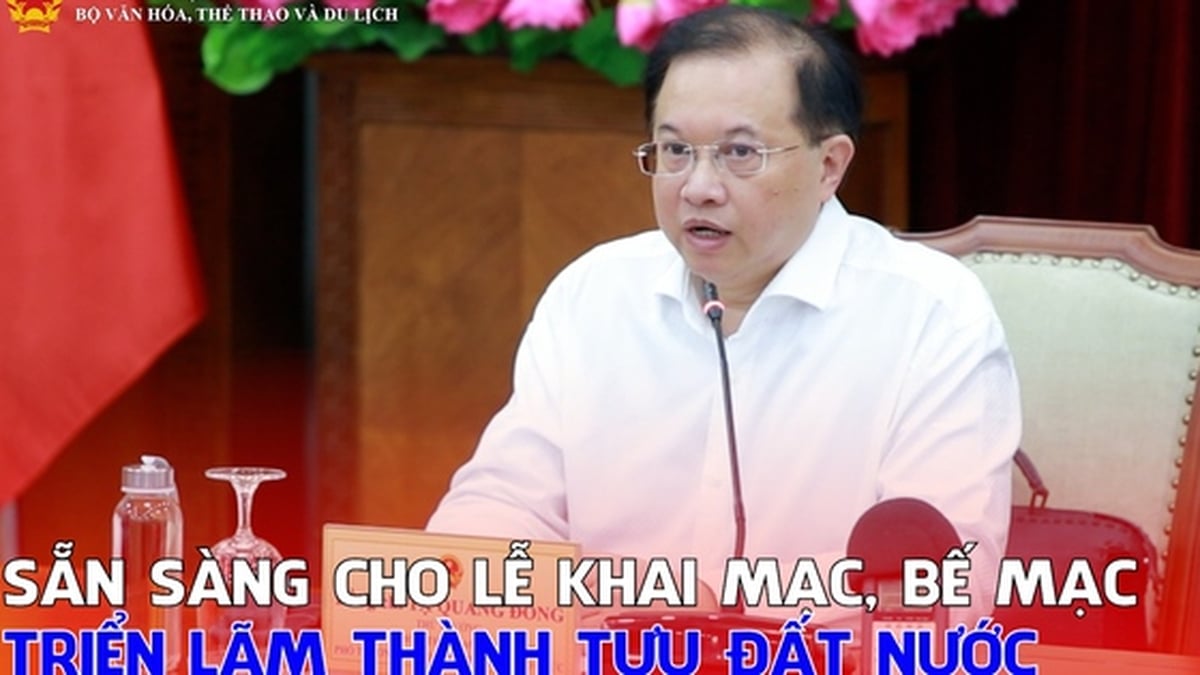
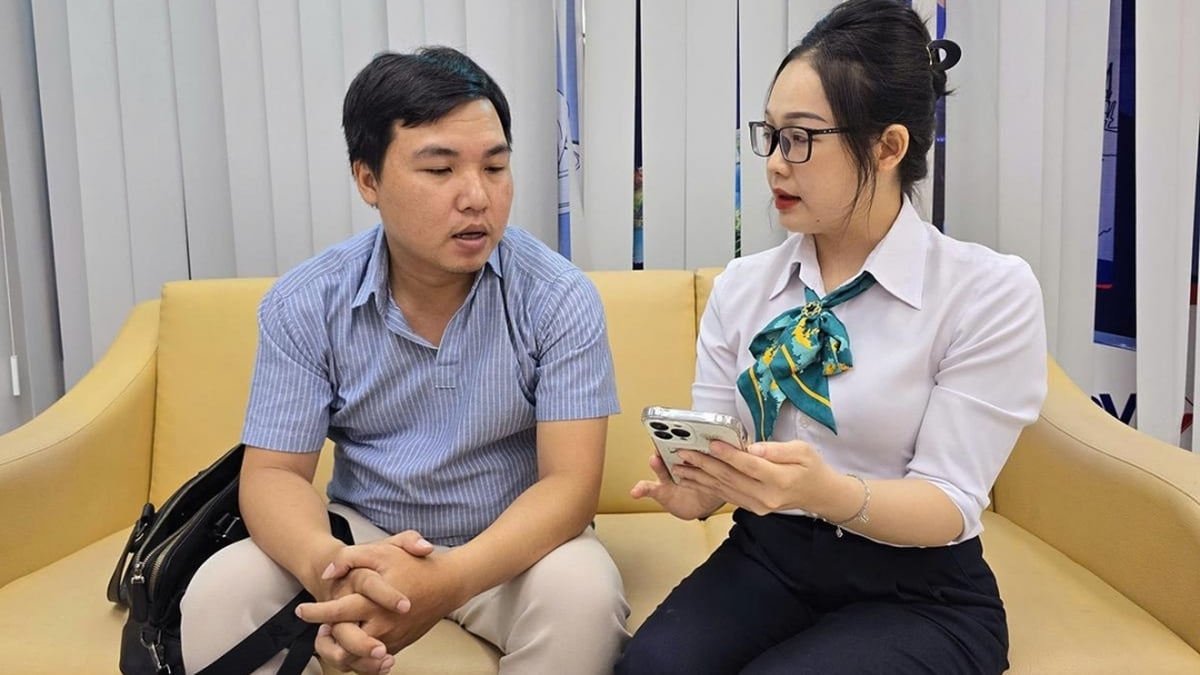
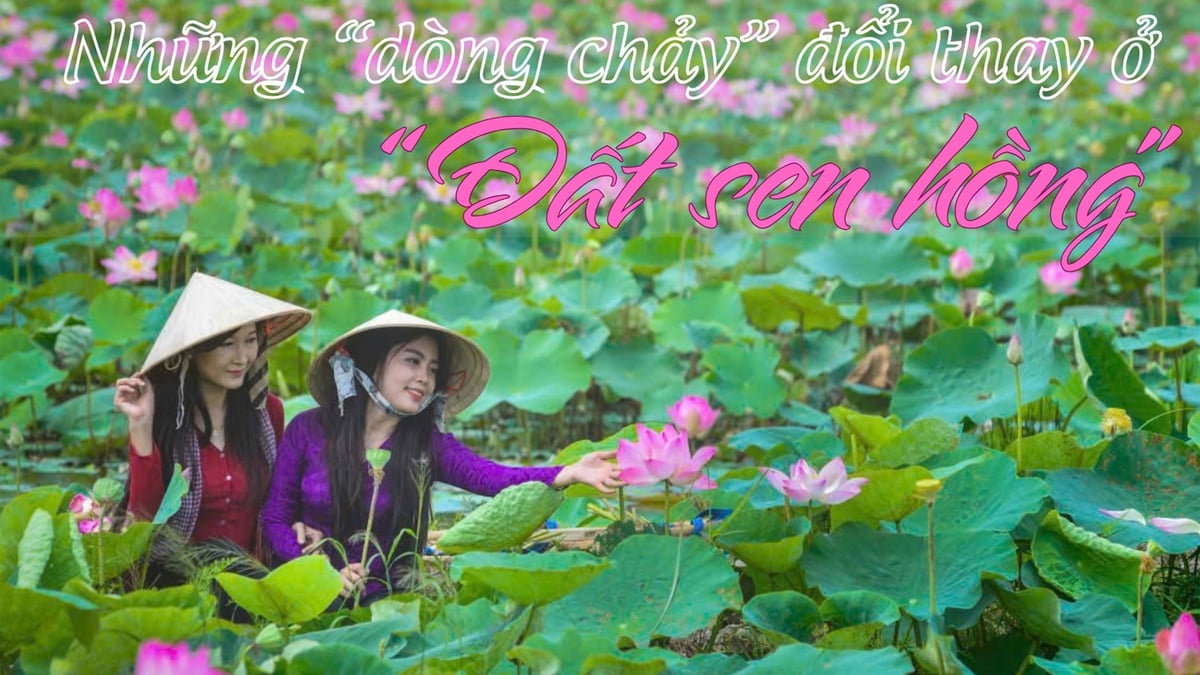
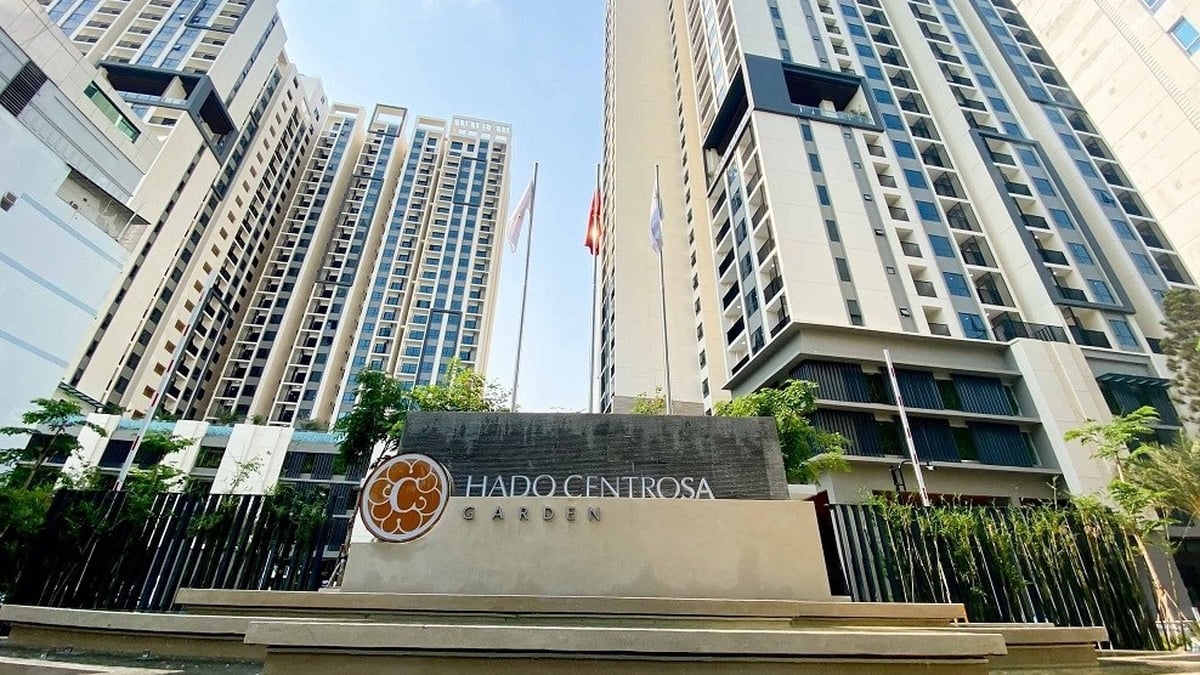
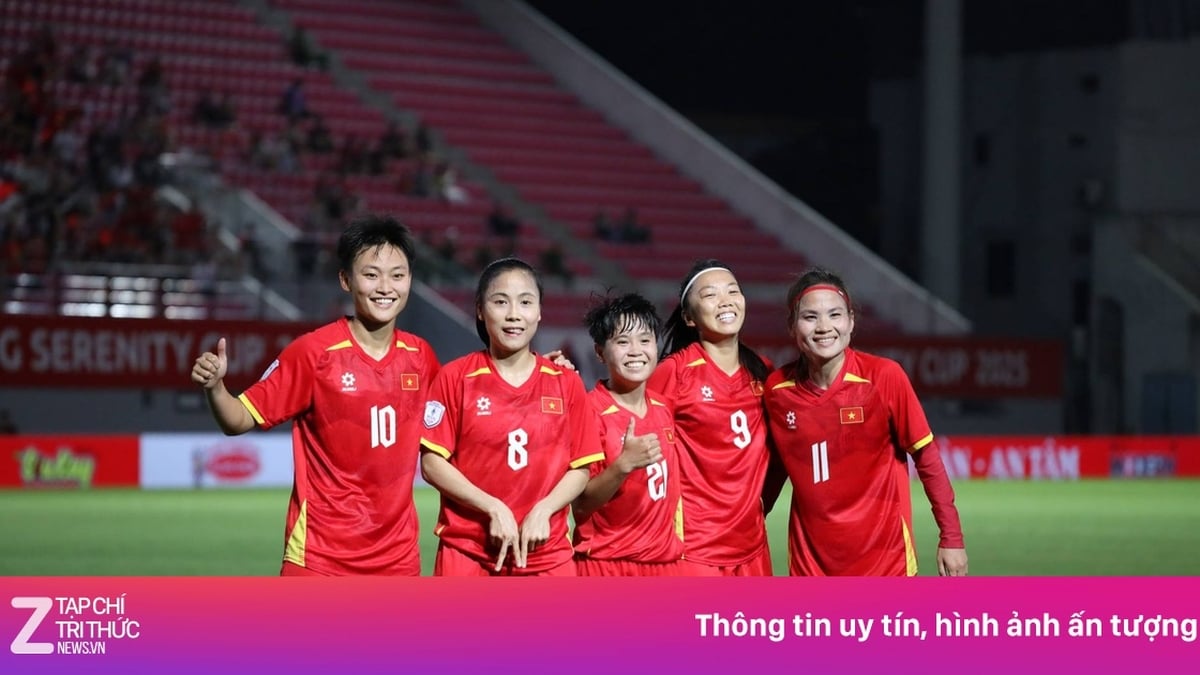
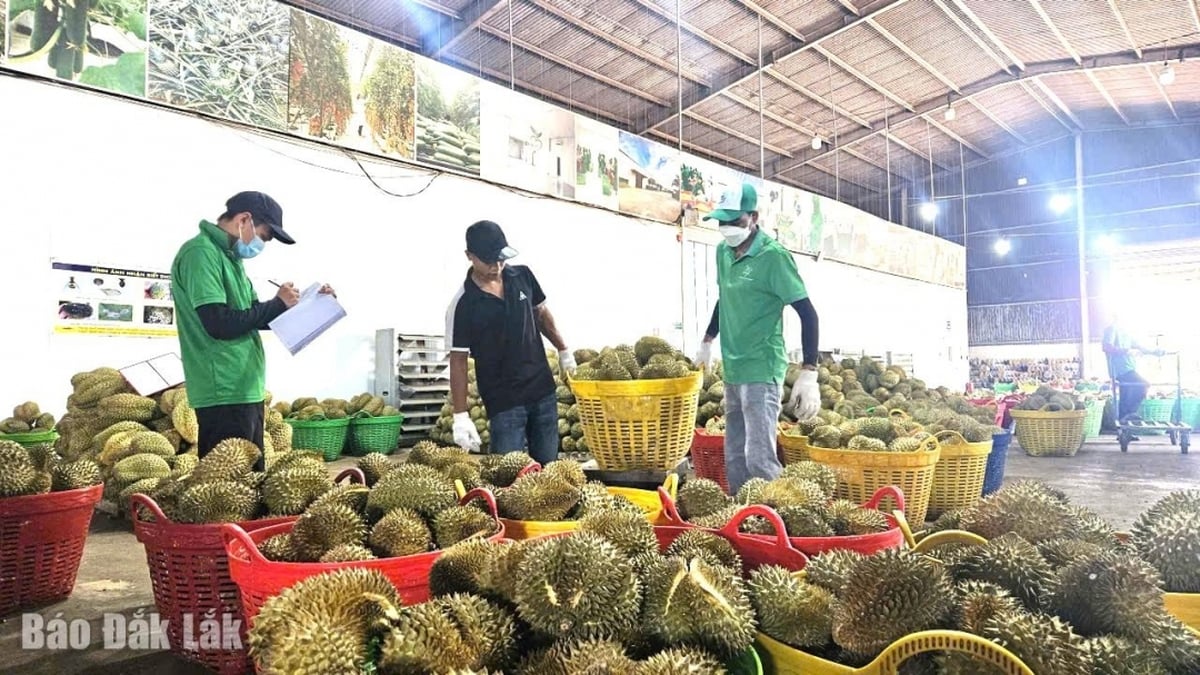
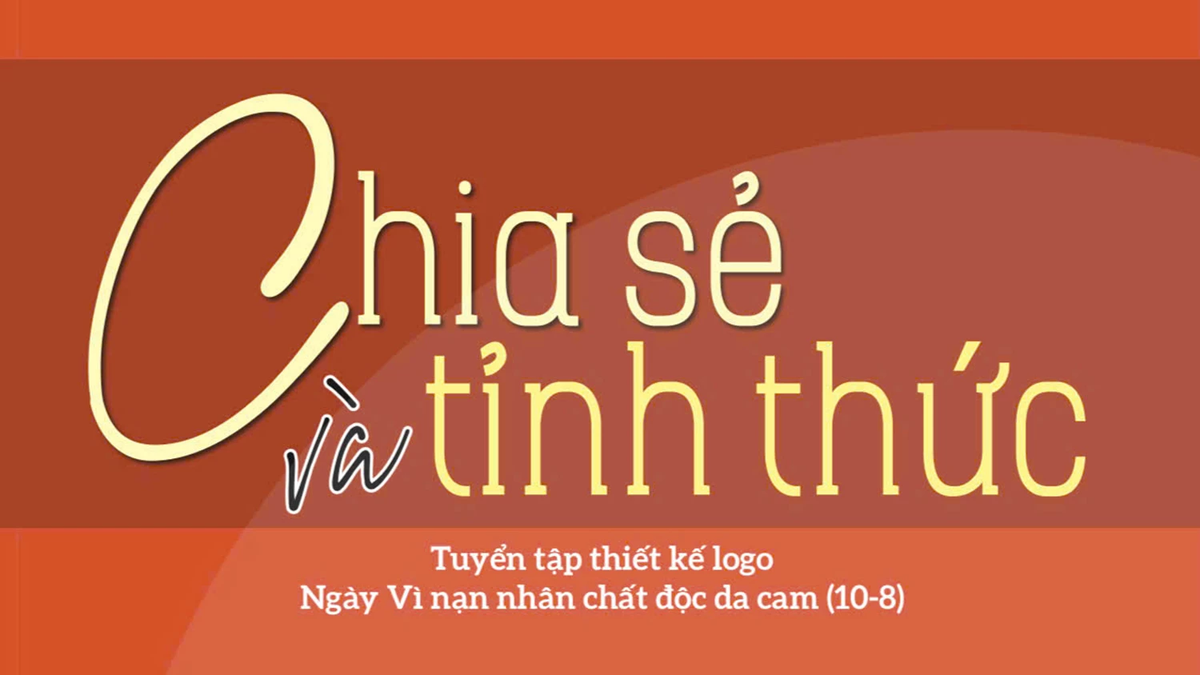

















![[Photo] Discover the "wonder" under the sea of Gia Lai](https://vphoto.vietnam.vn/thumb/1200x675/vietnam/resource/IMAGE/2025/8/6/befd4a58bb1245419e86ebe353525f97)
![[Photo] Nghe An: Provincial Road 543D seriously eroded due to floods](https://vphoto.vietnam.vn/thumb/1200x675/vietnam/resource/IMAGE/2025/8/5/5759d3837c26428799f6d929fa274493)
























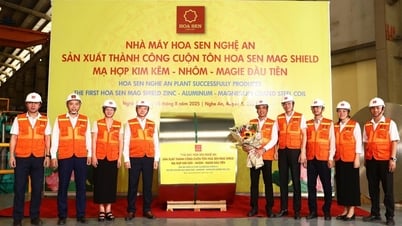

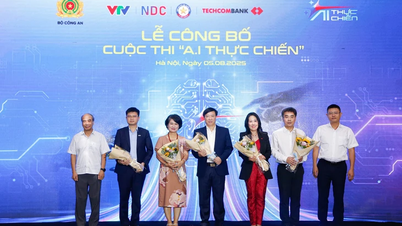
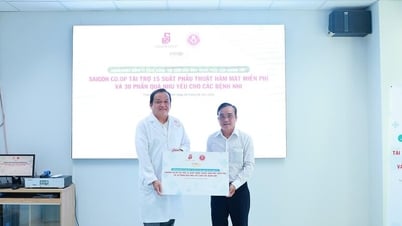

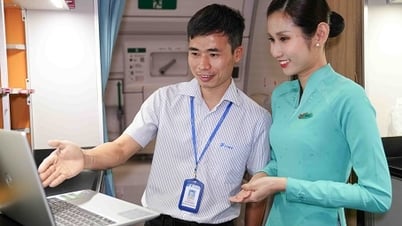
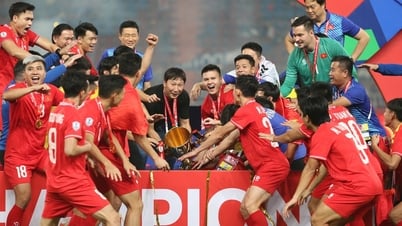
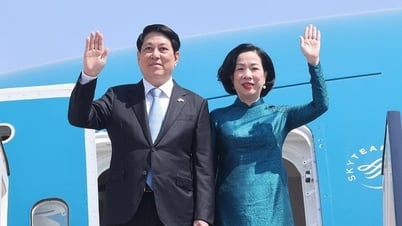

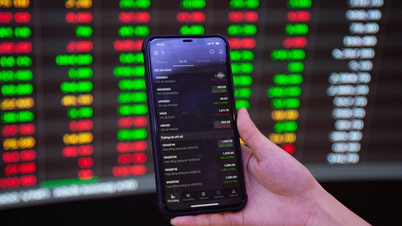
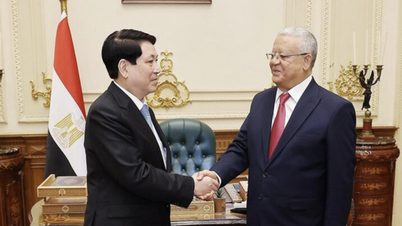

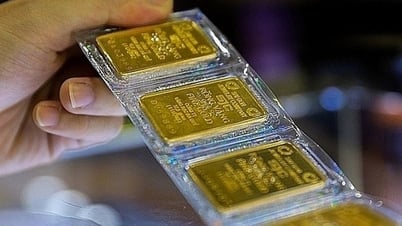


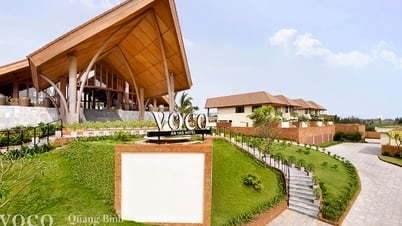
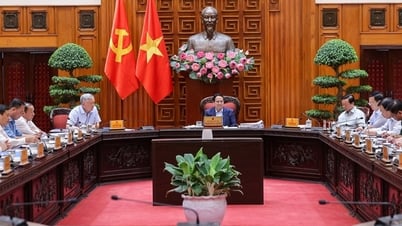
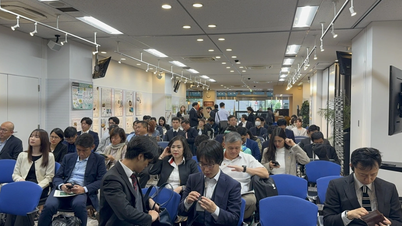

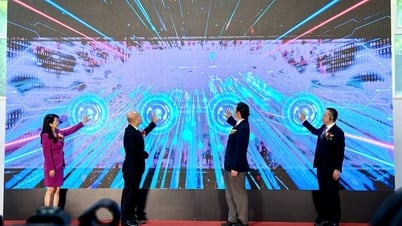
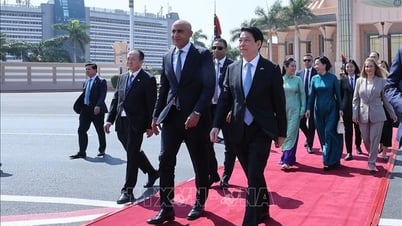

















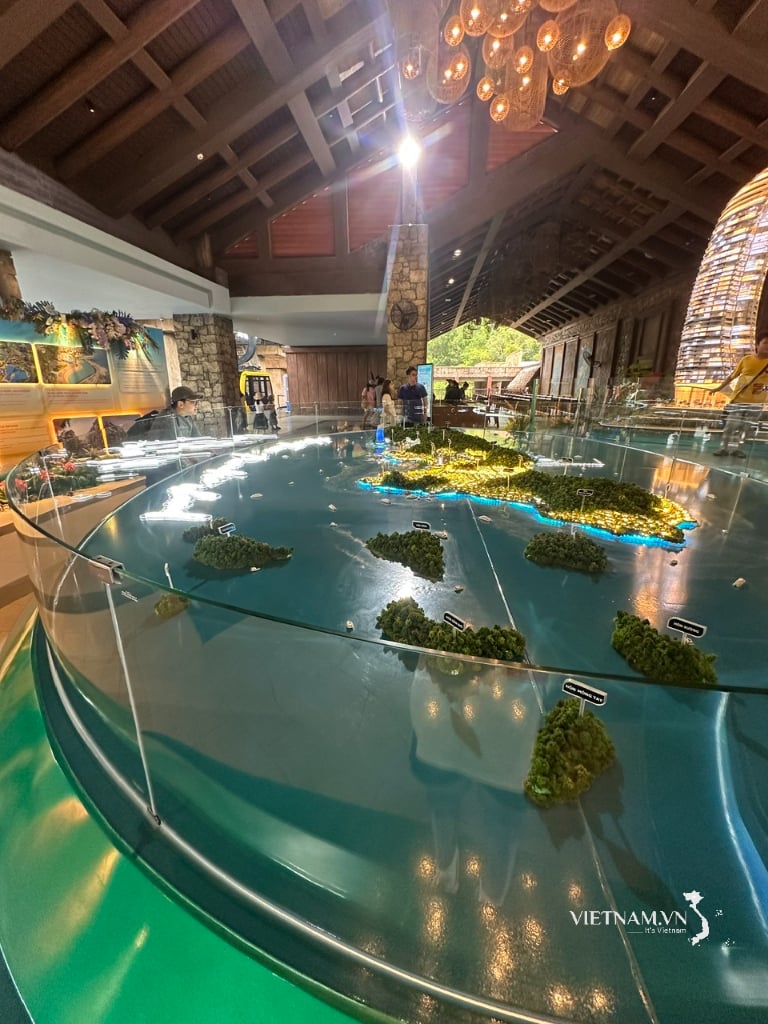
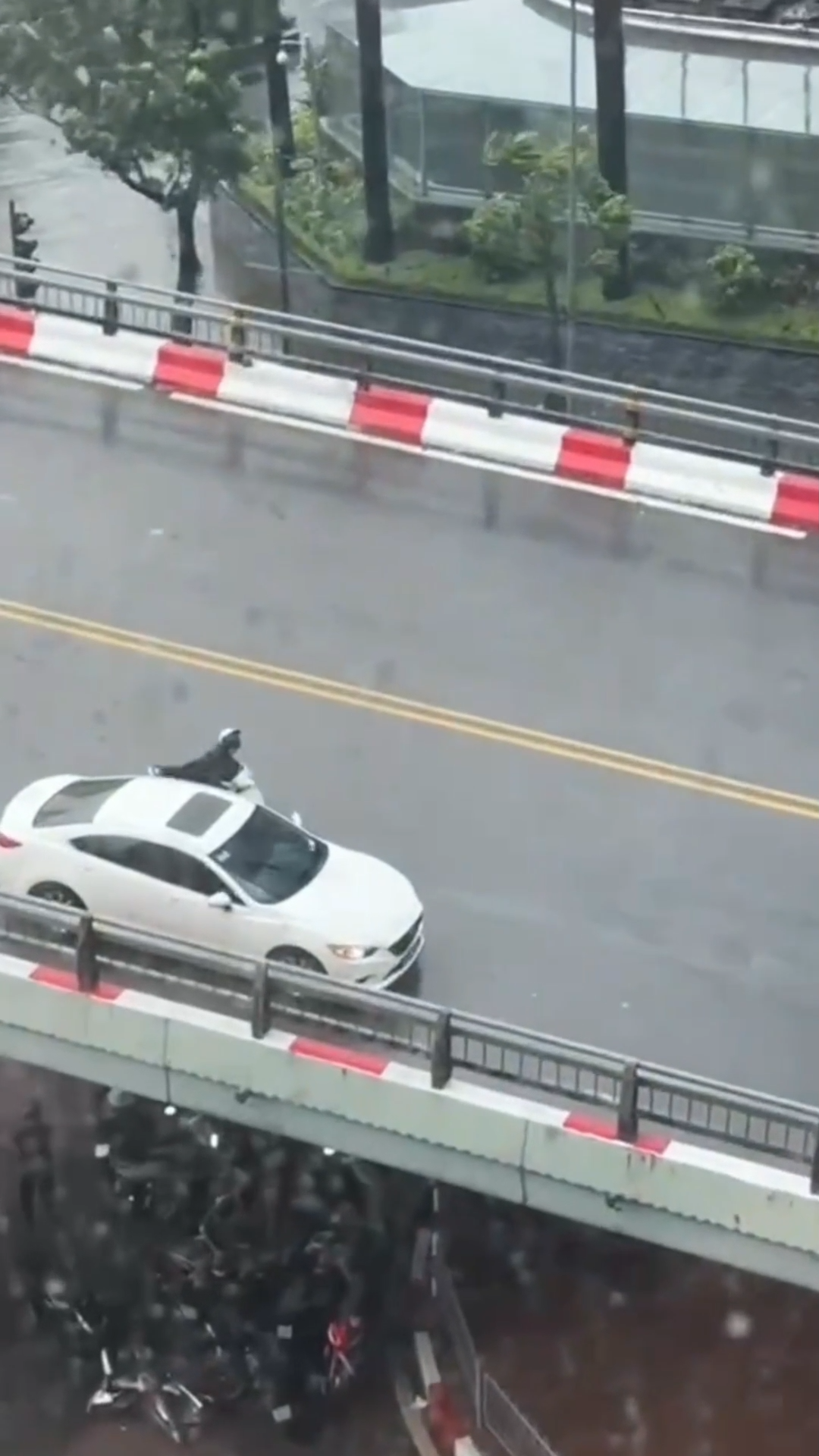
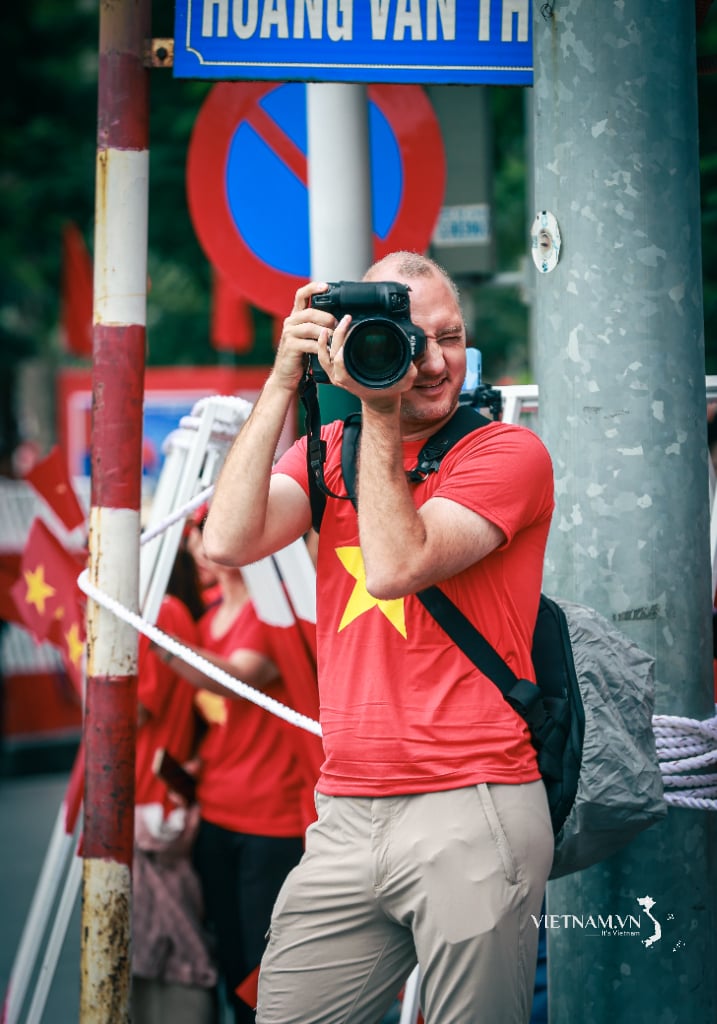
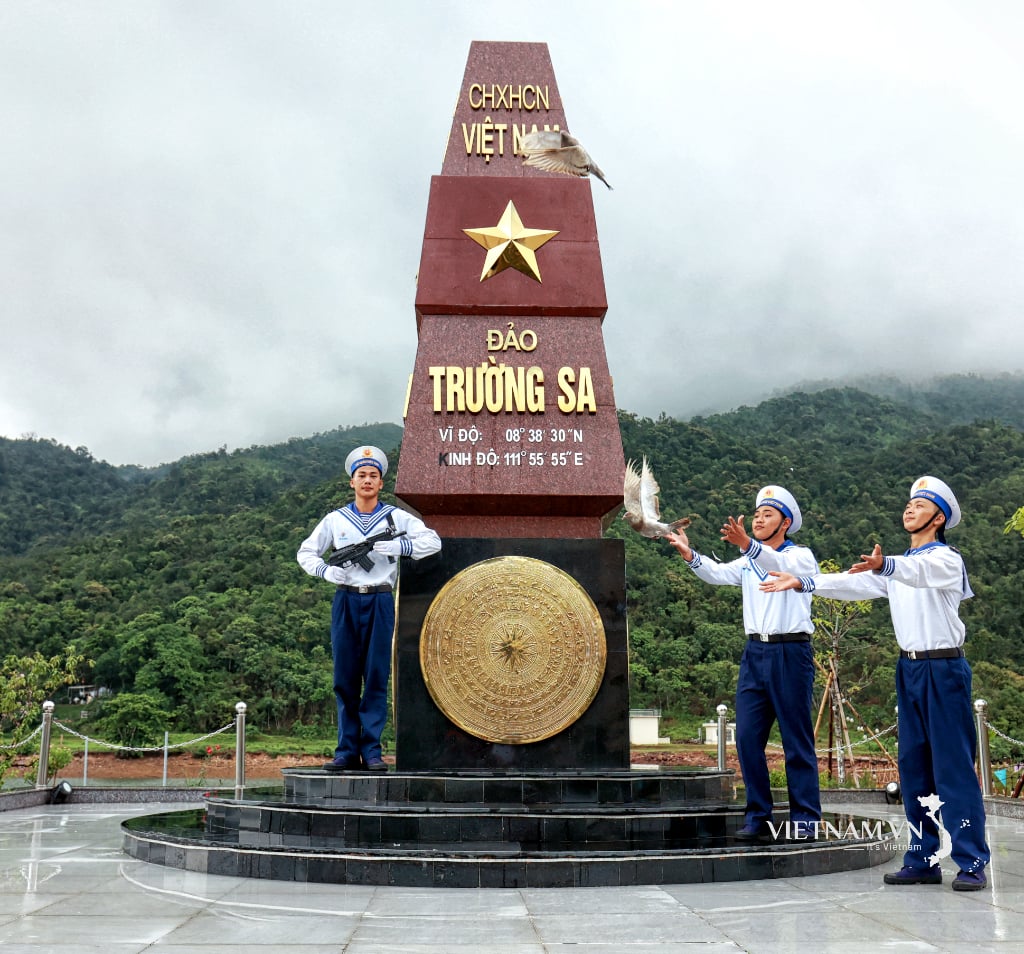
Comment (0)